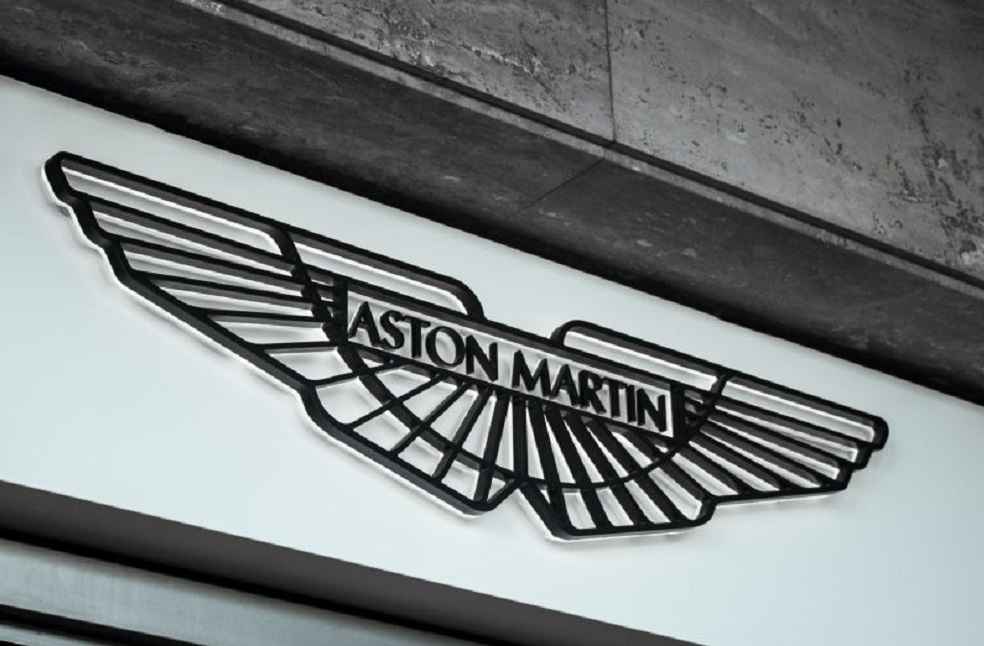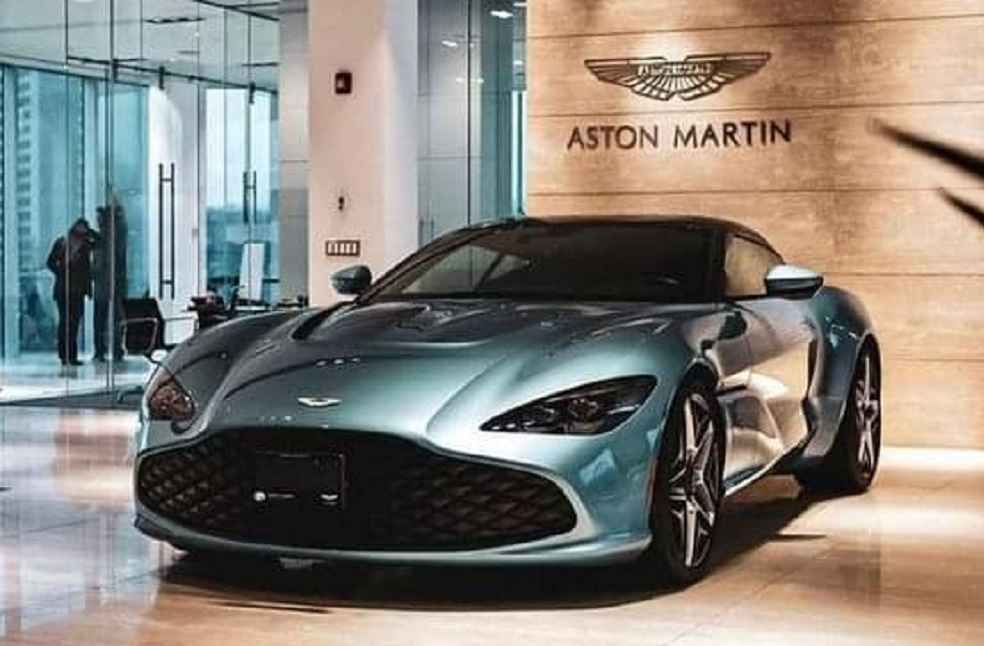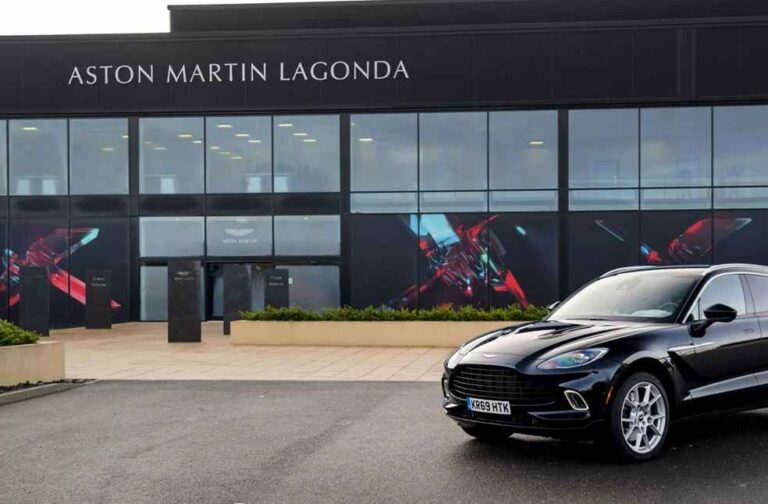Aston Martin Lagonda revealed on Wednesday that the company will reduce its workforce by 5%, citing expanded losses over the past year, with a notable decline in demand from the Chinese market.
Aston Martin will reduce its workforce by 170 jobs after annual net losses increased by 42%, reaching £323.5 million ($409 million). The company’s workforce across all departments, including manufacturing, office roles, and management, will be affected. Persistent supply chain disruptions and manufacturing setbacks have led to a decline in vehicle sales in 2023. To restore profitability, the company is enacting cost-cutting measures.
The company declared Wednesday that the workforce reduction is intended to ensure Aston Martin is ‘properly structured for its upcoming strategic initiatives,’ describing the staff cuts as ‘challenging but essential measures.’

Aston Martin, currently in the gradual process of shifting to electric vehicles, anticipates annual savings of £25 million. The company reported a 9% drop in wholesale deliveries to 6,030 vehicles last year, attributing the decline to ‘new model release timing, supply chain complications, and deteriorating economic conditions in the Chinese market.’
Aston stated that despite China being a market with significant long-term growth potential, sales volumes declined by 49% last year. The company’s overall performance in 2024 was also influenced by the timing of its car launches.

The brand shared that the introduction of new models boosted sales later in the year, resulting in a 10% year-on-year increase in wholesale volumes in the second half compared to 2023. However, the company’s debt rose by 43%, reaching £1.16 billion, while shares fell by approximately 33% over the past year.
Aston Martin targets positive adjusted earnings before interest and taxes (EBIT) in the latter half of 2025 and maintains its medium-term financial goals, including boosting revenue to £2.5 billion by 2027-28. The company has delayed its electrification timeline, focusing on hybrid technology, with its Valhalla plug-in hybrid scheduled to begin customer deliveries in late 2025.
AUTO TECH | Hyundai and Samsung Unveil Private 5G RedCap Technology





